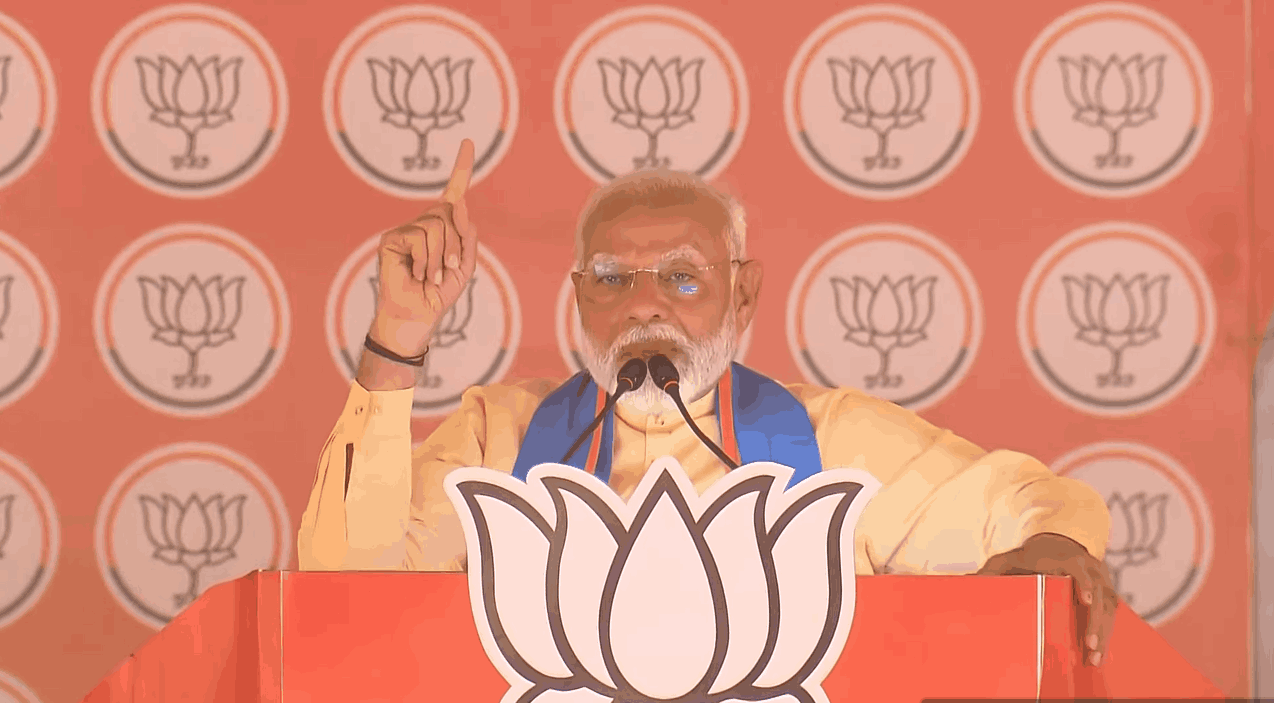Prime Minister Narendra Modi’s recent remarks on reservation have ignited a fierce political debate, highlighting the complex and contentious nature of affirmative action policies in India. Speaking at a public rally, Prime Minister Modi staunchly defended reservation rights for Dalits, backward classes, and tribals, accusing opposition parties of attempting to undermine these vital entitlements for electoral gains.
“Modi has taken a pledge that he will not let anyone take away the reservation of Dalits, backward, and tribals,” declared the Prime Minister, rallying his supporters with a fervent defense of affirmative action. He criticized the Congress and its allies, alleging a pattern of hostility towards reservation policies and questioning their commitment to social justice.
In a charged atmosphere, Prime Minister Modi accused the opposition of seeking to politicize reservation and portray his government as anti-Dalit and anti-backward classes. He warned against attempts to manipulate reservation policies for narrow political ends, emphasizing the need to uphold the rights of historically marginalized communities.
“They are insulting the spirit of the Constitution, the spirit of Dr. Baba Saheb Ambedkar,” asserted Prime Minister Modi, invoking the legacy of the renowned architect of India’s Constitution and a champion of social justice. His remarks underscored the deep-rooted divisions and competing narratives surrounding reservation in Indian society.
Opposition parties swiftly rejected Prime Minister Modi’s allegations, accusing him of using reservation as a political tool to deflect attention from his government’s failures on crucial issues such as unemployment and economic inequality. They reaffirmed their commitment to protecting reservation rights for all marginalized communities and accused the Prime Minister of engaging in divisive politics.
The escalating rhetoric over reservation reflects broader societal tensions and aspirations for social and economic empowerment among historically disadvantaged communities. As India heads towards crucial state and national elections, the issue of reservation is likely to remain a central point of contention, with parties seeking to mobilize support along caste and identity lines.
In this charged political climate, Prime Minister Modi’s defense of reservation underscores the complexity of affirmative action policies and their significance in addressing historical injustices and systemic inequalities. As the debate continues to unfold, the future of reservation in India remains uncertain, with implications that extend far beyond the realm of electoral politics.



